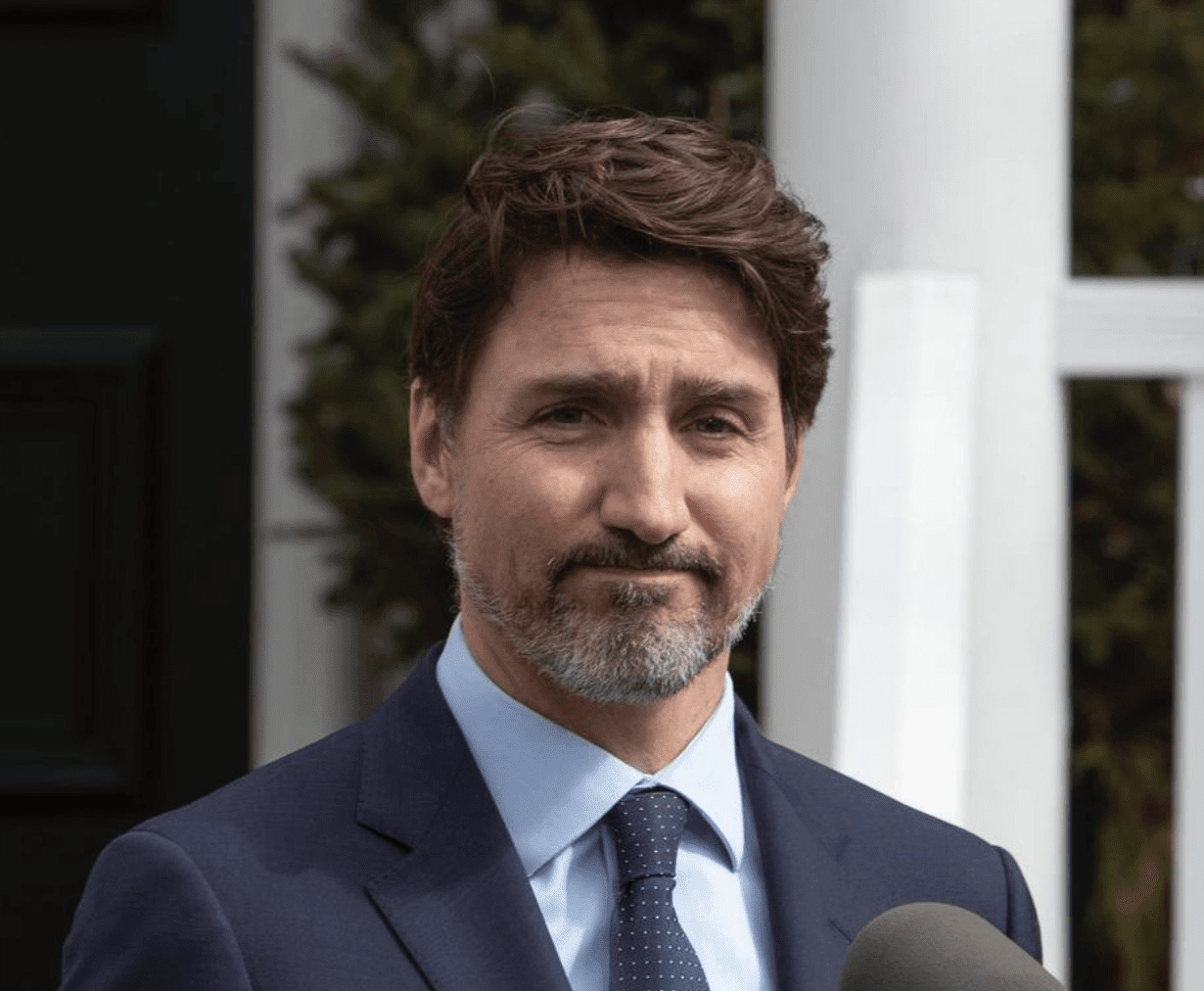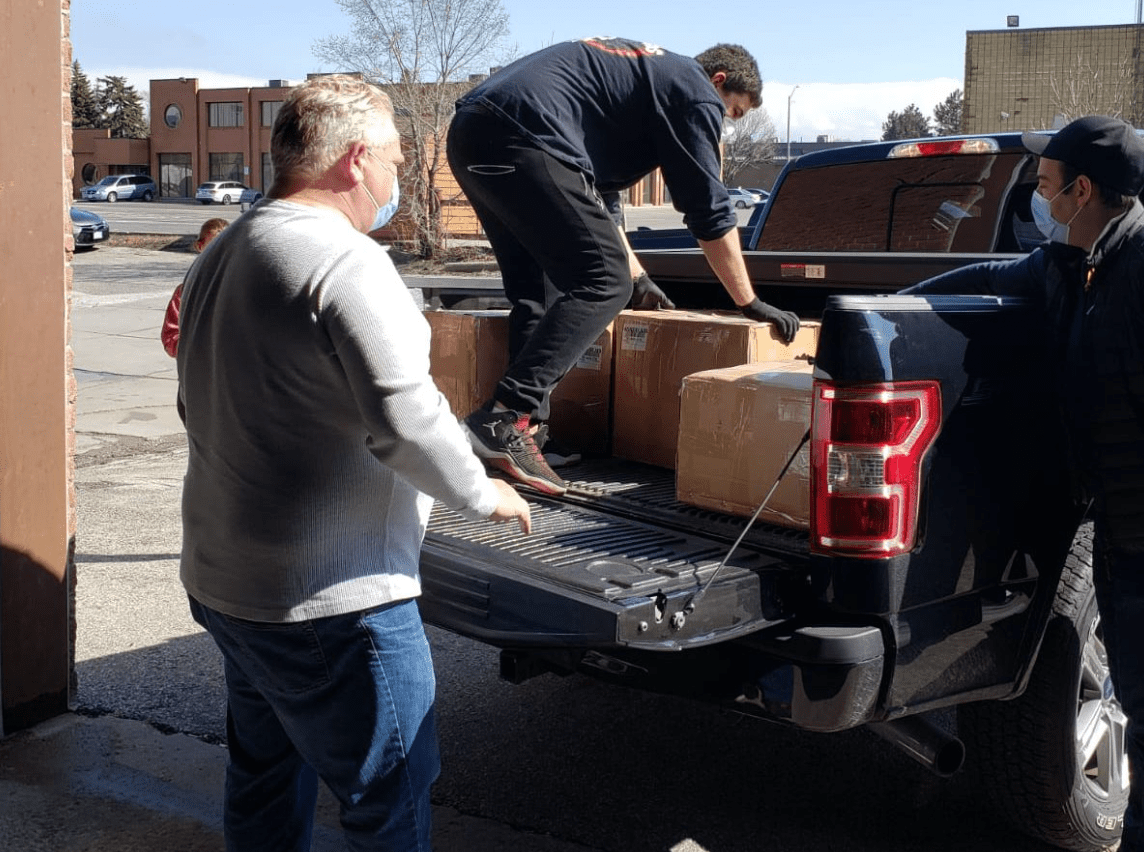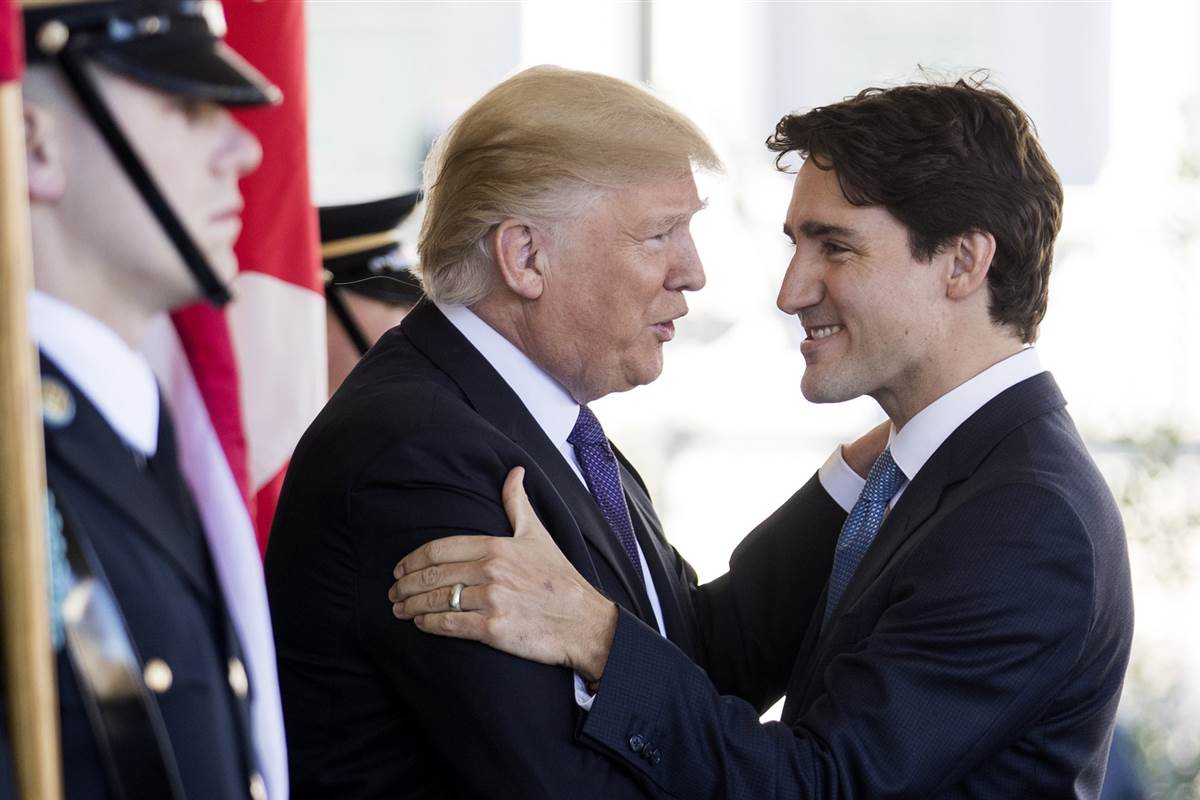They told us to be afraid of flesh and blood enemies. Nazis, Communists, terrorists, religious fundamentalists, cults. They may have been warped because of ideology or trauma, but they were people who could be fought against and killed nonetheless using our own, better ideology or trauma.
The stuff of our imaginations vampires, werewolves, zombies, aliens all sorts of legendary terrors, each with their own fatal weakness. Figure out what it is and you can turn them from hunters to hunted.
This virus cannot be seen or killed, of course. We cannot use good old know how, bravery, or derring-do to beat it. All we can do is try to survive it, contain it, restrict our behaviour so as to minimize the chances of it killing us. Once you have it, the luck of the draw and the strength of your own immune system determines whether you live. You could be condemning others to death without even knowing it.
It's not a full-on apocalypse, or even the realization of the global warming doomers' nightmare visions. It is a massive, disempowering inconvenience, complete with embarrassing visuals of shoppers hoarding toilet paper. No self-respecting disaster movie, or even the ones that don't respect themselves, would include that detail, but there you have it.
This is all to say that the corona crisis should be shaking our assumptions about the world, and our ability to control it, to the core. We should be less sure of ourselves. We aren't, of course. Conspiracy theories, hilariously broken statistical projections, idiotic memes and above all, smug assertions about how Canadians are "care-mongers" continue to fill the air.
I used to think that the worse things got, the fewer illusions people would have. There would be less myopic nostalgia, less deliberate ignorance of growing crises, less fruitless escapism. Indeed, we are here today because people downplayed the seriousness of the virus before it went global. Now I know that the worse things get, the more awesome we think we are.
This completely unjustified self-confidence is what led Prime Minister Justin Trudeau and his merry band of Liberal royalists to propose eliminating parliamentary opposition entirely until late 2021. And in turn, this is what led Canadian political observers to caution that this was mere overreach on the Liberals' part, and not a deliberate attempt to seize power, in keeping with their barely concealed belief in their own divine right to rule this country.
This is who the Liberals are, because they have told us over and over that this is who they are. And yet seasoned political operators and commentators are outraged that it has come to this. After the debasement of the rule of law during the barricade episode what seems a lifetime ago, this was the next logical step.
It hasn't helped that the self-styled Co-Founder of the Conservative Party of Canada Peter MacKay, the aggressively irritating Erin O'Toole, and the barely functional Jagmeet Singh are doing their best to make Trudeau's case for them. The PM seeks to make himself King Of Canada, and the CPC squabbles about whether their own leadership race should be cancelled or not. If they were to go away until 2021, and perhaps even longer, they would hardly be missed. But then there is still that longing for democracy free of partisanship, where MP's work across the aisle for the benefit of CANADIANS, and the belief that somehow voters will have to change the government eventually.
And so, even as the number of cases mount, the PM will continue to warble about "values" while the CBC bemoans the cancellation of local broadcasts and the lay folk enjoy a wicked thrill each day more Americans die of the virus than Canadians. South of the border, Joe Biden is carried to the Democratic nomination by a host of backward-looking primary voters who are so desperate to prove that Donald Trump is a bug, not a feature that they will vote for a literal dead person.
Perhaps there is some heroism in continuing to retain some sort of normalcy in utterly insane times. But there comes a point and we are approaching it where normalcy has become so twisted that nobody can remember what it is anymore.
Photo Credit: CBC News
Written by Josh Lieblein










